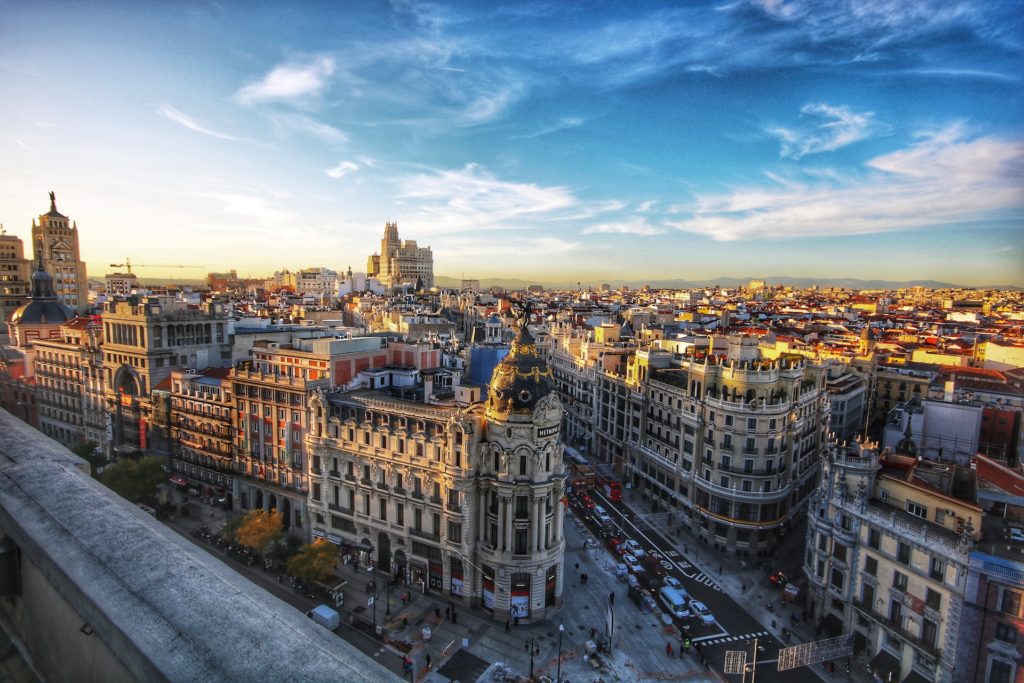If you’re an Indian considering buying a home in Spain, you’ll need to work through some red tape first.
Before purchasing a property in Spain, it is essential to conduct a study because the Spanish real estate market has numerous peculiarities. The potential problems of establishing your life overseas might be avoided by being aware of what to anticipate when acquiring real estate. Estate frauds, a high CGT rate, and changes in the Spanish mortgage sector are all things to be wary of when purchasing a Spanish residence.
The procedures that must be followed when purchasing a home are not always obvious. It’s also important to know exactly what levies and costs will incur when buying the dwelling. This article is for you if you’re looking for a home in a beach region or a big town like Barcelona.

Indians buying a property
Any Indian or other foreigner is permitted to purchase a Spanish property. In Spain, purchasing real estate, whether it be domestic, corporate, or farmland, is unrestricted. It invites international investors, both residents, and non-residents. Keep in mind that you can qualify for a Golden Visa if you purchase a home valued at more than €500,000.
Requirements to buy a house
The NIE is the only document a person might need. It is necessary to use this id, which is specific to every person, to complete any trade in Spain. You should acquire it before finalizing the contract as it must be included in all paperwork. The NIE is not hard to acquire, although it does take some time.
Additionally, even if it is not required, having a checking account in Spain will simplify the process because it will speed up transactions. Last but not least, keep in mind that as an Indian, you must select a tax agent to own a home.
Guide on purchasing a home
Even though every purchasing cycle is unique, the preceding stages may often be observed in any property transaction:
- Budgeting and taxation
The buyer is mostly responsible for paying the costs of buying a home, which differ by area. The buyer’s taxes and other payments consist of:
- 6% to 10% in land transfer taxes;
- 10% VAT on newly constructed homes;
- Attorney fees, land title levy, and a 1.5% to 2.5% property registration charge; and
- 1-2% in regulatory fees.
- Receive your NIE
To obtain your fiscal registration id, get in touch with the Spanish authority. You may also need a checking account to purchase a home as it makes the procedure much easier.
- Look for a place favorable to you
Either use a broker or go property hunting on your own. Make sure the locations you select for your prospective home have everything an Indian like you would need while hunting for a residence. To fit in successfully, you should look for a neighborhood where Indians make up the majority of the population.
- Work
One thing you need to do is look for employment in Spain. Finding a job guarantees that you can live comfortably in a foreign land.
The coast of Mallorca is home to a large number of Indian eateries. Most Indians who reside in Spain own businesses, including outlets, diners, service companies, supermarkets, boutiques, construction companies, and bars. These firms are successful and contribute a lot to the economy. It implies that starting your firm is also an easy option to earn in the country.
- Reservation period
A booking pact is one in which the purchaser pays a cost and holds the option to acquire a residence in Spain for a specified period. The owner or contractor guarantees that the building won’t be offered to another entity during the standby term.
- Payment
It’s time to formally purchase the property once you’ve made up your mind and satisfied all legal criteria. If you’d like, haggle over the price with the vendor before paying by bank transfer. Pay the necessary taxes and make the necessary updates to the Land Registry.


